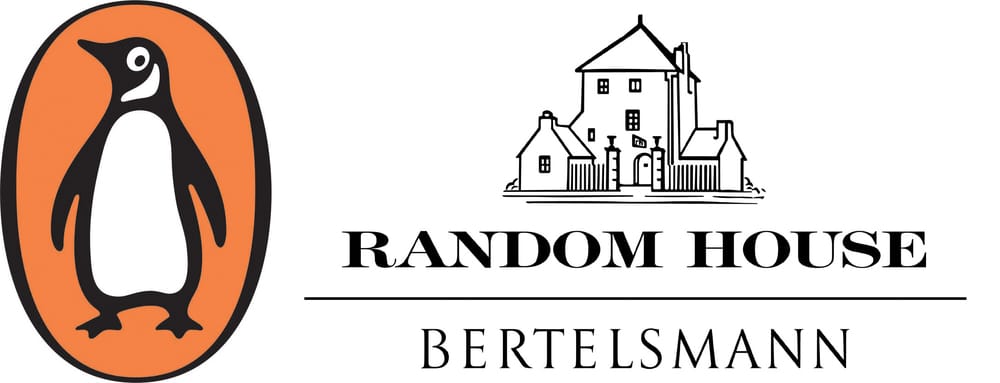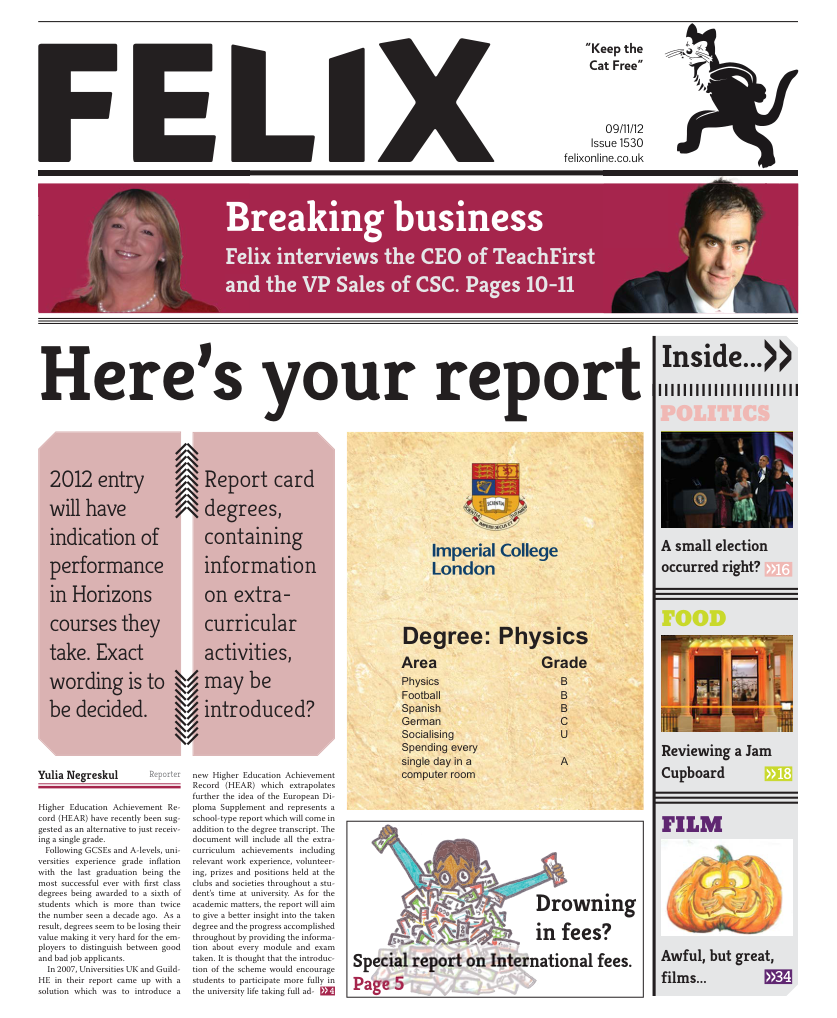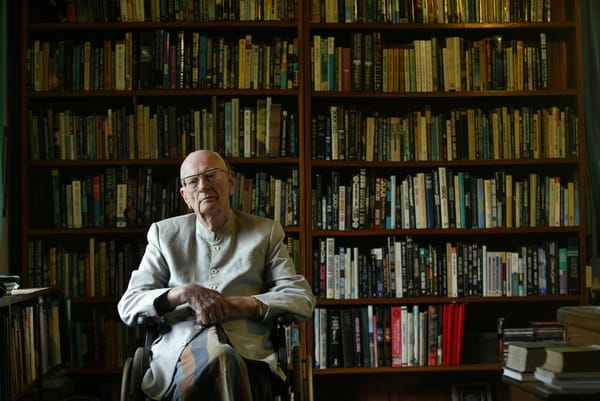The coming of the Random Penguin
Joseph Spiking brings you the news of a major merger

Penguin and Random House – the consumer publishing divisions of Pearson and Bertelsmann respectively – have recently announced their intention to merge, creating the world’s biggest publishing house, duly named ‘Penguin Random House’.
The logistics of this union are simple: Bertelsmann will own 53% of the new publishing house to Penguins 47%, this division being represented in the board room – Bertelsmann having five directors of the board to Penguins four with the contract lasting for at least three years. The merger makes Penguin Random House the largest publisher in the world, publishing at least 25% of all books sold.
What brought about the merger between two previously distinct entities? The threat of Amazon and Apple, the purveyors of the e-book ‘revolution’, explains the decision to merge to an extent. Overall book sales in 2011 were down 11% and the reports for 2012 suggest a worsening of this downward trend. Of course, it is the e-book that has lead to the ill health of the publishing industry. With the threat from the digital sector only set to grow as more e-readers and tablets become available, the merger between the two publishing houses seems to only gain financial credibility – though the effect it shall have upon the rest of the industry remains debatable and largely unpredictable. Will the remaining publishers be squeezed into publishing even safer literature than is currently available, or will they abandon the centre ground that Penguin Random House shall straddle and instead publish new, innovative literature?
The situation may not be as bad as it seems. When Faber, an established publisher, enabled the independent publisher And Other Stories to produce a mass market edition of the Man Booker Prize nominated Swimming Home, they hit a gold mine: Swimming Home is one of the bestselling novels of this year.
This kind of co-operation between established and independent publishing houses may only increase, as established publishers will be driven to seek a niche that is not covered by Penguin Random House. This is not only of great benefit for those seeking original novels to consume, but it may also provide fresh impetus for a flagging industry. Maybe the printed novel shall have a happy ending after all.







